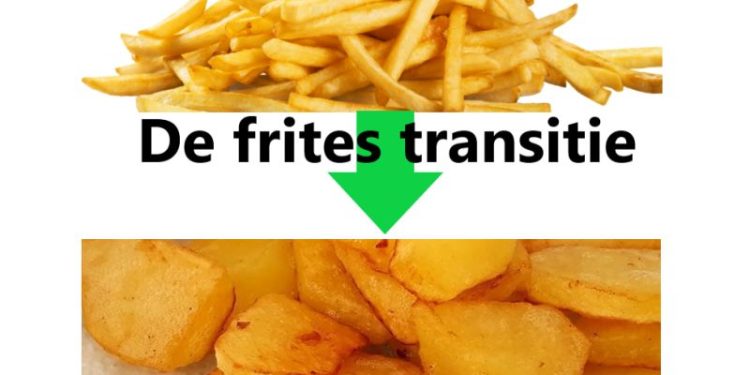#PotatoFarming #SustainableAgriculture #BioFries #EnvironmentalImpact #Agribusiness #FarmtoTable #OrganicFarming #PesticideReduction #InnovationInAgriculture
Potato cultivation across northwest Europe, encompassing over 500,000 hectares last year, faced a critical issue: 1/3 of this area was dedicated to potatoes in the Netherlands. However, the seemingly thriving potato industry conceals a darker reality – it is a major contributor to pesticide usage, with up to twice-weekly spraying during the growing season. This practice, aimed at combating persistent potato diseases and facilitating easier harvests, highlights the challenges faced by both conventional and organic sectors.
Despite the lower pesticide use in organic farming, the production of large organic potatoes, crucial for conventional French fries, remains a challenge. The preference for long fries inadvertently supports heavily sprayed potatoes. However, a simple yet impactful solution lies in transitioning from long to round (bio)fries. This shift not only provides an avenue for smaller organic potatoes to enter the fries market but also addresses the environmental concerns associated with extensive pesticide application.
Major industry players, including Aviko, Agristo, #Farmfrites, Lamb Weston, McCain Foods, and Peka Kroef B.V., collectively dominating the market, have the potential to lead this transformative change. By championing the adoption of round (bio)fries, these companies can redefine industry norms, offering a more sustainable and environmentally friendly alternative.
The potato industry stands at a crossroads, facing environmental challenges linked to extensive pesticide use. Embracing the transition from long to round (bio)fries not only opens doors for smaller, organic potatoes but also promotes sustainable farming practices. Industry leaders must seize this opportunity to spearhead change, paving the way for a greener and more environmentally conscious future in potato cultivation.







